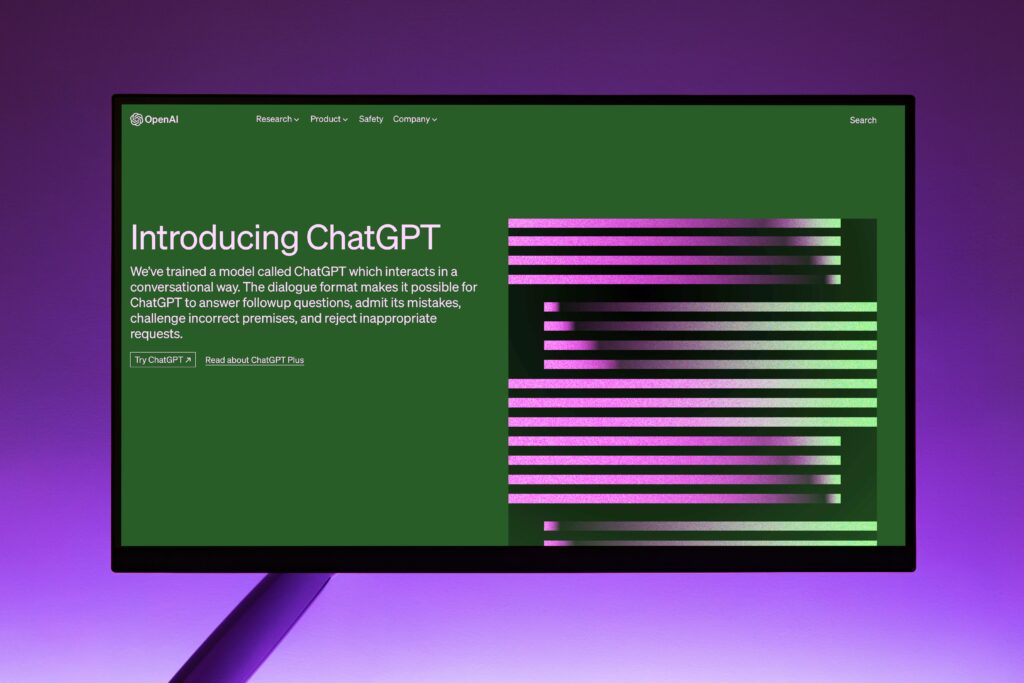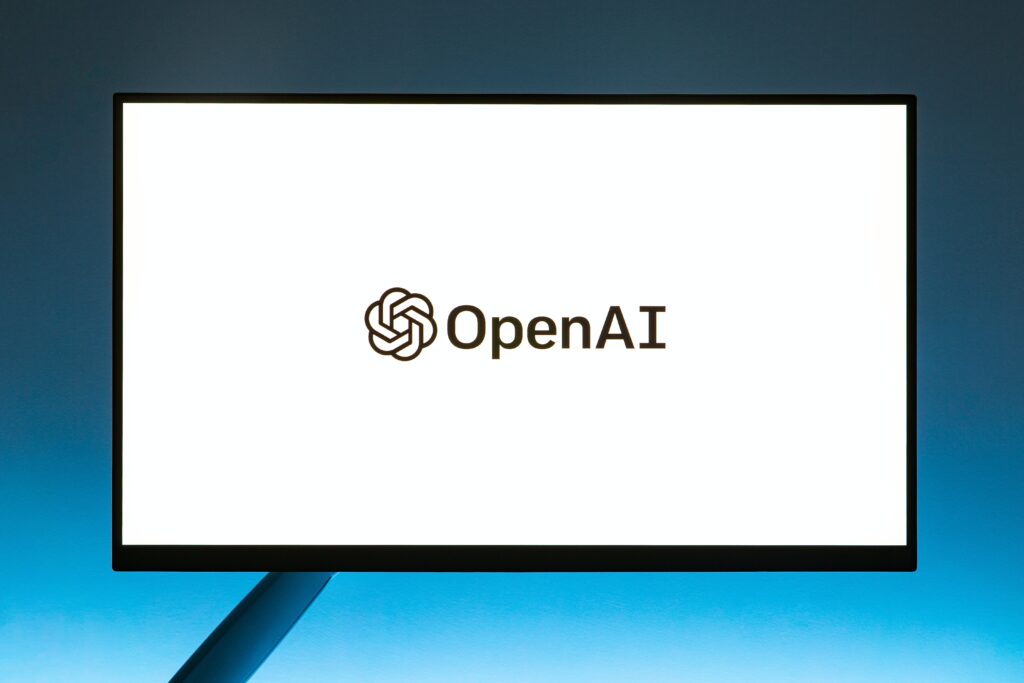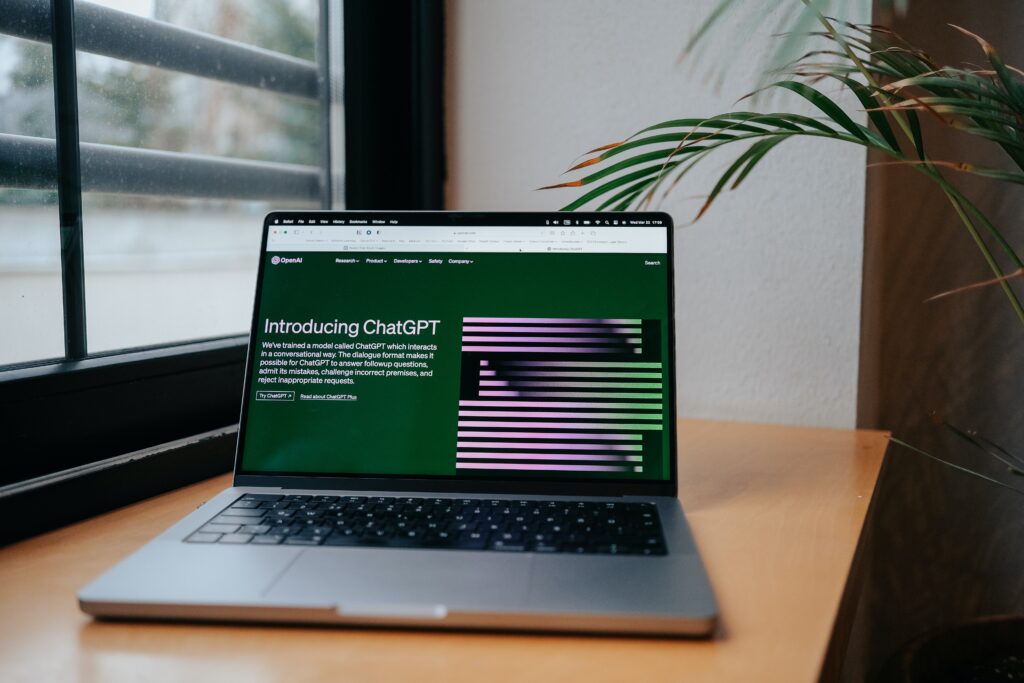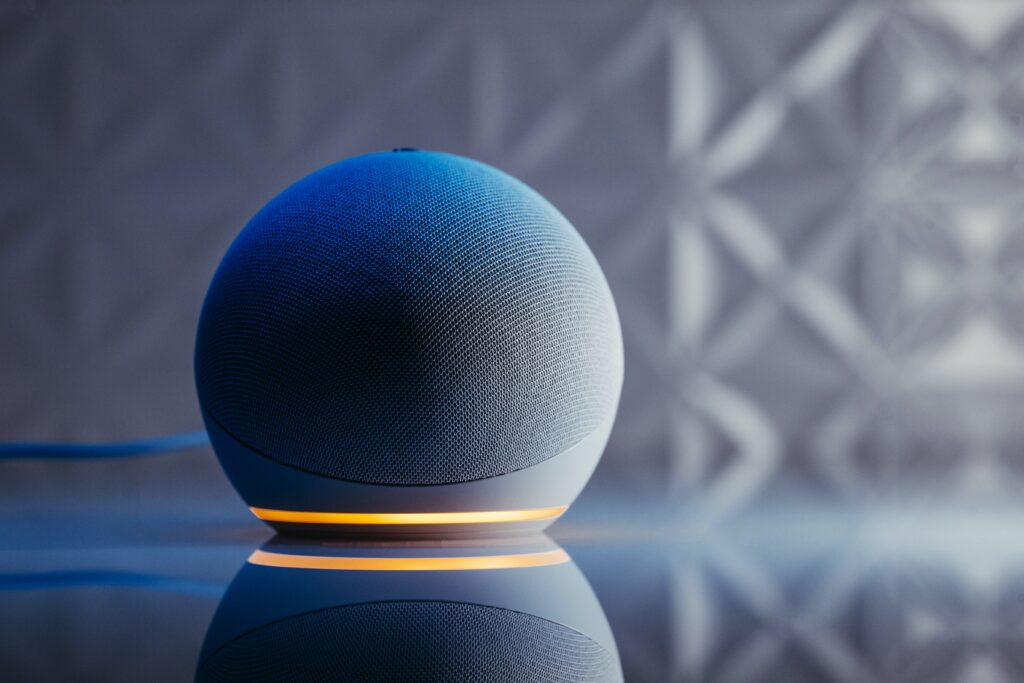
Introduction
Unveiling the ownership of Chat GPT: Who owns Chat GPT the AI language model? Discover the key players and their contributions.
In today’s world of artificial intelligence and machine learning processes, Chat GPT has arisen as a leading AI language model, transforming the way we interact with technology. As users and developers admire its capabilities, a common question emerges: Who owns Chat GPT? In this comprehensive article, we will delve into the ownership landscape of AI language models, shedding light on the key players and their contributions. Let’s undertake a journey to discover the truth behind the ownership of Chat GPT.

The Rise of AI-Language Models
Artificial intelligence has made remarkable developments in the past few years. These AI models are very efficient and work like humans and have the ability to generate human-like text, communicate like humans, and assist in various tasks exactly like humans do. AI is trained on huge amounts of data, and with the help of this data, AI responds to every taste in a very effective and efficient manner. With the help of advanced capabilities, AI interconnects with several apps to take the most out of these apps, either its content generation or virtual assistance AI just enhances their performance.
OpenAI and Its Foundational Role
OpenAI, a prominent organization in the field of AI research, has played a pivotal role in the development and popularization of AI language models. OpenAI aims to ensure that AI benefits all of humanity, and its efforts have led to significant advancements in natural language processing. Through groundbreaking research and innovative approaches, OpenAI has paved the way for transformative technologies like Chat GPT.
Chat GPT: An OpenAI Breakthrough
Chat GPT, developed by OpenAI, represents a breakthrough in the realm of AI language models. It builds upon the success of its predecessor, GPT-3, to enable dynamic and engaging conversations with users. Chat GPT leverages a neural network architecture and sophisticated training methods to deliver impressive conversational abilities. Its versatility and adaptability make it a valuable tool in various domains, from customer support to creative writing.

OpenAI’s Approach to Ownership
When it comes to the ownership of AI language models like Chat GPT, it’s very complex to say who owns Chat GPT, OpenAI follows a unique approach. As of its initial release, OpenAI retains ownership of the model, but it strives to strike a balance between commercial interests and societal benefits. OpenAI believes that access to, benefits from, and influence over AI should be widespread, aiming to avoid the concentration of power and ensure that AI serves the broader interests of humanity.
The Ethical Implications of Ownership
Who owns Chat GPT, AI language models raise important ethical considerations. As these models become more advanced and capable, they wield significant influence over the information we consume and the decisions we make. The responsibility lies not only with the owners but also with developers and users to address issues such as bias, privacy, and fairness. Striving for ethical AI practices is crucial in mitigating potential harm and ensuring that AI models benefit all.
Legal Perspectives on AI Ownership
From a legal standpoint, the question of AI ownership, like who owns Chat GPT remains complex. Current laws and regulations do not explicitly address the ownership of AI language models, as they often fall under the umbrella of intellectual property rights. Some argue that AI-generated outputs should be considered works of authorship, while others believe that ownership should reside with the entities that develop and train the models. As AI technology continues to evolve, policymakers and legal experts are grappling with the challenges posed by AI ownership and exploring potential frameworks to address these issues.
Collaborations and Open-Source Initiatives
Recognizing the need for collaboration and openness in the AI community, various organizations have initiated efforts to promote shared ownership and open-source models. OpenAI itself has collaborated with external partners to expand access and incorporate diverse perspectives. Additionally, open-source initiatives like Hugging Face and research communities encourage the development of AI models that can be freely accessed, modified, and built upon. These endeavors foster innovation and democratize AI.
Industry Competitors and Their Models
OpenAI isn’t the main player in the artificial intelligence language. A few organizations have fostered their own models with exceptional elements and applications. Rivals like Google’s BERT, Facebook’s RoBERTa, and Microsoft’s Turing-NLG grandstand the energetic environment of man-made intelligence language models. Each model brings its assets and subtleties, adding to the variety and headway of artificial intelligence advances.
Balancing Commercial Interests and Public Benefit
The responsibility for language models frequently includes a fragile harmony between business interests and public advantage. While restrictive proprietorship permits organizations to safeguard their speculations and drive advancement, it likewise raises worries about selectiveness and expected monopolistic practices. Finding some kind of harmony requires straightforward administration, mindful permitting, and components to guarantee that the advantages of artificial intelligence are open to all, cultivating solid rivalry and cultural advancement.
Future Prospects: Decentralized Ownership
Looking ahead, the concept of decentralized ownership has gained traction in discussions surrounding AI language models. Decentralization aims to distribute ownership and decision-making power among a broader community of stakeholders. Blockchain technology and decentralized autonomous organizations (DAOs) offer potential solutions to enable shared governance and equitable distribution of benefits. This decentralized approach has the potential to foster collaboration, innovation, and increased public participation in shaping the future of AI.
Conclusion
A question Who Owns Chat GPT? The ownership of AI language models like Chat GPT is a complex and evolving topic. OpenAI has played a significant role in their development and deployment, while also emphasizing the importance of wider access and societal benefit. As the AI landscape continues to evolve, addressing ethical, legal, and collaborative considerations will be crucial in shaping a future where AI serves the interests of humanity while avoiding undue concentration of power.



Thanks for sharing. I read many of your blog posts, cool, your blog is very good.